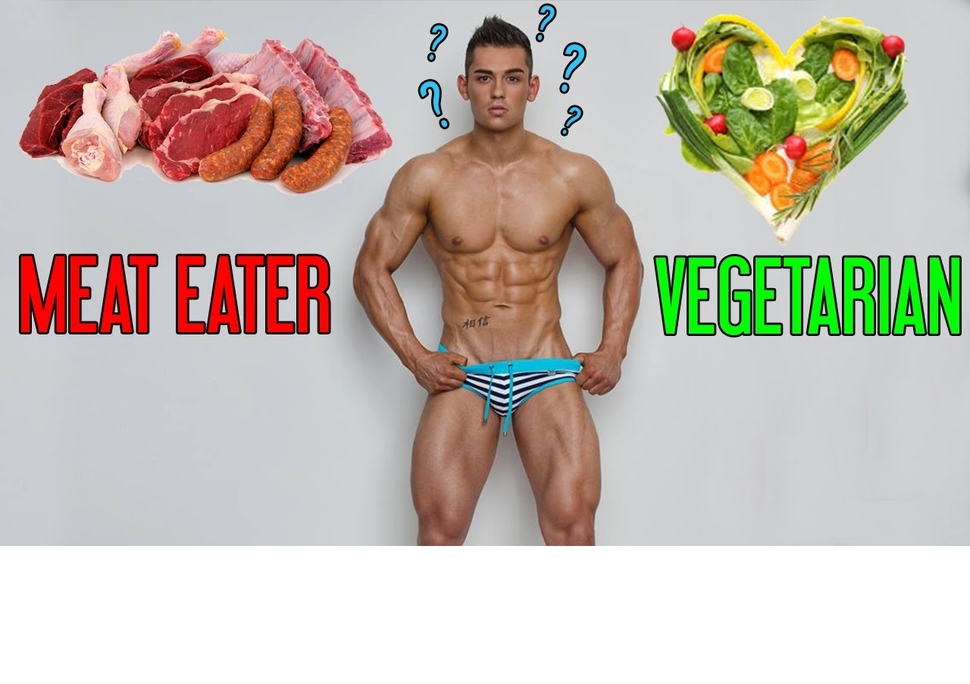Peter on Texel
Let me start with a story. Peter is a real carnivore, eating meat every day, just like his parents do. He takes part in the course Engineering for Sustainable Development which includes a project week on Texel. That is fine with him, until he understands that all food provided will be vegetarian.
After this week with a vegetarian diet, Peter admits that you can survive without meat. An all vegetarian diet is too much for him still, but he now considers to skip meat for one day a week.
This anecdote shows that making a change in behaviour is much easier when you have already experienced the new behaviour yourself.
Theories on behavioural change
Theoretical approaches relate to this realization in the following way. The first theory is about self-efficacy, which is the belief of people in their capabilities to perform certain tasks [1]. The experience of Peter of not eating meat for 5 days teaches him that he is capable of living without eating meat, at least on the short terms. This causes his belief to grow that he might be capable of eating no more meat, increasing his self-efficacy regarding following a vegetarian diet. As a result, Peter might not continue his vegetarian diet, but chances are that he will reduce the amount of meat he eats per day, or he might skip meat in his diet every now and then. Without the project week on Texel, this would perhaps not have been the case.
The second theory I want to address is the transtheoretical model, uniting four concepts related to behavioural change. One of these concepts is the stage of change [2]. Five stages of change are said to be passed through before completely changing ones behaviour:
1) Precontemplation (i.e. not even thinking about eating no more meat),
2) Contemplation (i.e. seriously considering starting to skip meat once a week),
3) Preparation (i.e. beginning an experiment to skip meat once a week),
4) Action (i.e. skipping meat once a week for 6 months or less),
5) Maintenance (i.e. skipping meat once a week for more than 6 months).
The paper says that self-efficacy, as described above, supports the individual to either move to the next stage or to fall back into previous stages. Generally, self-efficacy increases when the individual progresses towards further stages.
In our case, the behaviour of Peter does not match the five stages at all. Beforehand, Peter was in stage 1; not even considering to reduce his meat consumption. Being forced by his social environment, Peter experienced a vegetarian diet for five days, which is an extreme version of stage 4 of the theory: action. My interpretation of this theory is that due to relatively good experience with the vegetarian diet (although Peter would not prefer to become a full vegetarian), his self-efficacy increased. This brings him from stage 1 to stage 2 in his daily life, from where it is unknown what the future development will be.
Conclusion
To conclude, the example of Peter’s experience is a nice way to illustrate the concept of self-efficacy; the belief you have in yourself on performing a certain task. Regarding the transtheoretical model, Peter illustrates the fact that not all behavioural change follows the order of the five stages. Behavioural change from intrinsic motivation might, but clearly external motivations can disturb the process.
PS: Peter, can you update us with your progress over the next 6 months to see whether you reach stage 5? ;-)
[1] Usher, E.L., Urdan, T. (2016). Self-Efficacy, Encyclopedia of Mental Health, second edition, 75-79.
[2] Callaghan, P., Khalil, E., Morres, I. (2010). A prospective evaluation of the Transtheoretical Model of Change applied to exercise in young people, International Journal of Nursing Studies, 47(1), 3-12.
